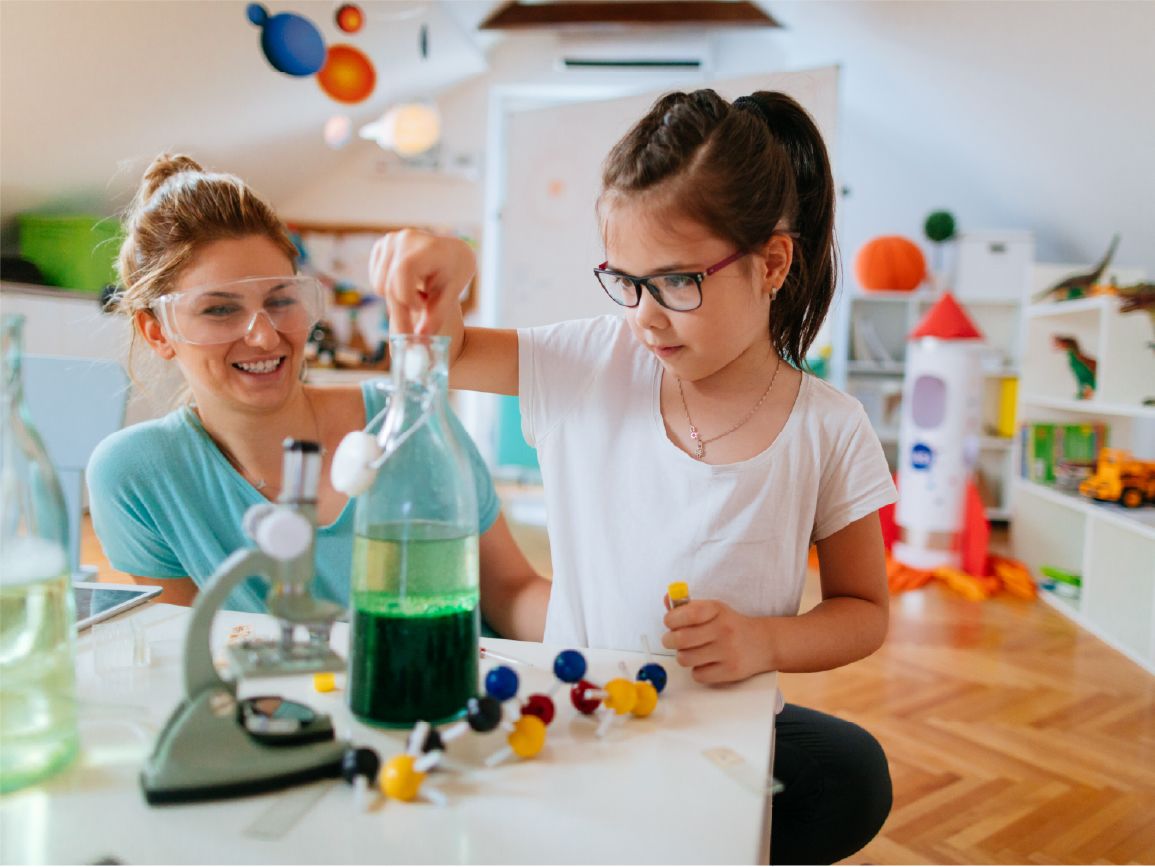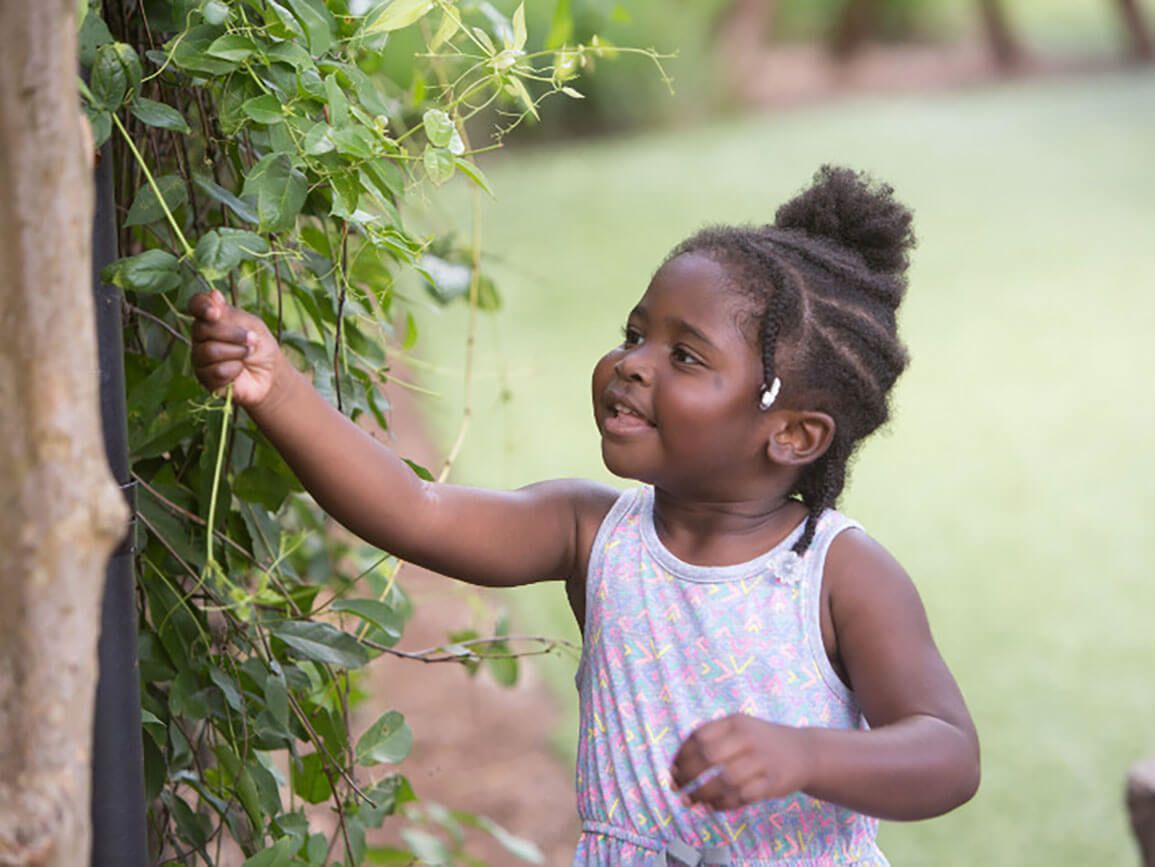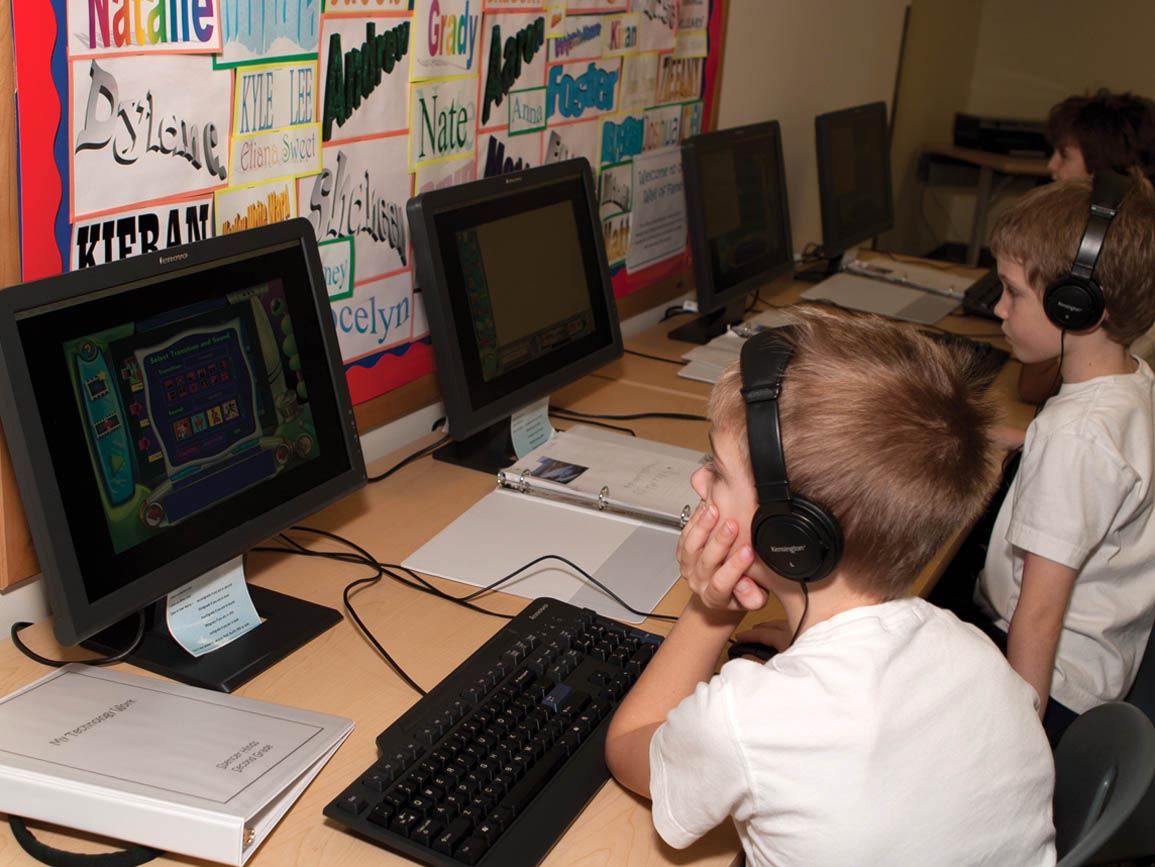We know that developing empathy is an important skill for young children because it allows them to consider another’s perspective. Experiences with nature and animals are just one way that children can develop empathy and kindness. Try these seven ideas for learning about empathy and kindness through interactions with animals and nature.
- Get outdoors. Make outdoor play a priority for your family. Maintain a healthy balance between after school activities and unstructured play. Go for walks or bike rides. Dig in the garden or head to a park. During good weather, make the outdoors an extension of your home. Eat meals, play board games, work on homework, or read a book outside. Regular outdoor play can increase school performance, reduce the risk of obesity, depression, and ADHD symptoms, and improve your child’s overall outlook on life, according to the National Wildlife Federation.
- Read high-quality children’s literature. Children’s literature can be a powerful force for good when used intentionally. Try to build a family read-aloud time into your daily routine and regularly choose books that foster a love of animals and nature. E.B. White’s classic, “Charlotte’s Web” is a good choice for older children. For younger children, try Dianna Hutts Aston’s series of nature books beautifully illustrated by Sylvia Long.
- Observe the animals near you. Get a guide book or an app and learn the names of the birds, insects, and animals living in your neighborhood. Make note of how they adapt to the changing seasons.
- Follow your child’s interests. Young children are naturally interested in life science. Observe your child and build on areas of interest. Perhaps your child is fascinated by an ant hill near your home, for example. Why not do a quick Internet search to learn more about ants? Then, using the research you’ve gathered, make simple lists, graphs, or drawings with your child to extend learning.
- Get a pet — or a plant. Pets can be a lot of work, but children learn so much from their care. Consider getting a pet for your family, choosing one that fits your family’s lifestyle. No time or space for a dog? How about a beta fish or hermit crab? No interest in a family pet? Let your child help care for houseplants or a small vegetable garden to develop responsibility and empathy for all living things.
- Join an organization. Join a nature club or sign up for birdwatching, fishing, or tracking classes at a local recreation district. How about service opportunities, such as restoring local trails or volunteering at a nature preserve? By joining an organization, you’ll have access to ample outdoor opportunities and build energy and enthusiasm for the natural world.
- Volunteer. Visit your local animal shelter of humane society to learn about volunteering. Depending on your child’s age, you might be able to walk the animals, help with cleaning, or make toys or treats, which will help your child learn about how to approach and treat animals.
Children who have regular interactions with nature become adults with a deep reverence and respect for the natural world. No matter where you live, make outdoor play time for your children a priority.
More on Children and Animals
- Discover empathy-building projects for kids, including caring for animal in shelters by making homemade dog treats or pet toys.
- Take a look at the benefits of having a pet and tips on choosing and caring for one.
- Wondering how to prepare your home and your family for a new dog? Do you want to know how to get your dog ready for a new baby? Read through our blog archives for helpful advice.





